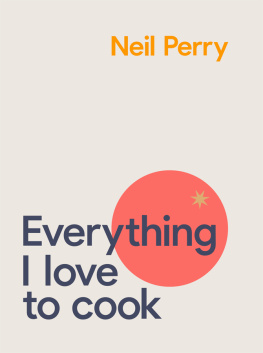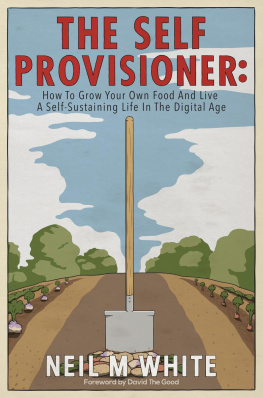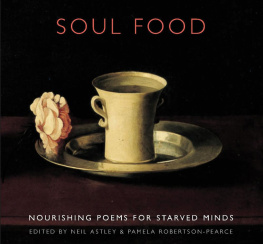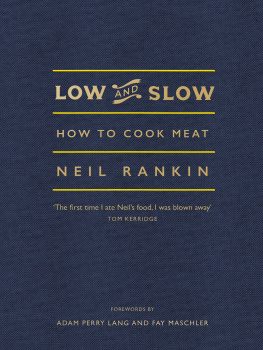Dedicated to the memory of my mother, Margaret.
She had a huge effect on my life and career, and her influence lives on. My new restaurant is called Margaret in honour of her, and I am dedicating this book to her memory.
Such a generous, caring woman, and the matriarch of our family, she instilled in me the philosophy by which all my restaurants are run a philosophy of care.
Mum, you were an amazing mother to many children, and not just your own.
Your spirit lives on in us all. I love you.
Introduction
This book started out as a compilation of my best recipes so far. However, it soon took on a life of its own, and it has become much, much more than that. Yes, some of my favourites are in these pages, but then came other landmark dishes I knew I had to include, plus things Ive grown fond of cooking at home and in my restaurants over time. The target of around a hundred recipes was quickly exceeded and the book has turned into a book of everything I love and love to cook. The result is a collection of dishes that are incredibly satisfying, taking in everything from a bowl of noodles to a simple family meal or the makings of a wonderful dinner party.
The cornerstone of good cooking is to source the finest produce
This line has appeared on the Rockpool menu since 1989 and it still holds true: good cooking starts with good shopping. The more we choose fresh, seasonal food and avoid processed foods, the more we will have a healthy diet for life that works not only for us, but also for the planet.
Advocates of industrial-style farming maintain that the only way to feed the world is by planting vast fields of grain crops, which are then fed to livestock that occupies yet more land. However, this has detrimental effects for these animals and for the whole ecosystem. After harvest, the earth is left bare and huge amounts of precious topsoil are lost.
The truth is that small biodiverse farms are more efficient. They produce better yields of nutrient-rich food, at the same time nurturing the soils and wider environment; they support a variety of life that adds to the earth, rather than subtracting from it.
At this critical time for our planet, we face a stark choice: as a species, we must decide whether we want to live in harmony with nature or, at some time in the future, perhaps not to exist at all. The planet can survive if we look after the earth and the sea; its as simple as that. Grasslands sequester more carbon than impoverished soils, and healthy soils rich in organic matter hold life and water, reducing run-off; seagrasses and kelps sustain biodiversity in our oceans, which in turn helps to sustain us.
Sustainability is a theme running through this book. Its often stated, but true, that there is no Planet B, so we have to do the right thing. We need to eat more plant-based meals, and when it comes to meat and fish, we should aim to eat less, but better quality. Never underestimate the impact you can have by cooking and eating with these principles in mind.
The recipes in this book have been chosen to showcase the range of flavours and aromas that I love most, with influences from all around the world. In the end, I hope this book helps you not only with learning some delicious and versatile recipes, but also imparts a thing or two about good cooking.
Making life easier in the kitchen
I want you to gain knowledge and skills from this book that will change the way you approach cooking and enhance your time in the kitchen, so gathered here are my ideas for making things run smoothly, as well as some of my go-to ingredients and kitchen kit.
The craft of cooking
Cooking is really an enjoyable craft with the important outcome of feeding us and the way to improve in any craft is simply to practise and focus on what you are doing. If you do this every time you cook, your skills will get better and better.
Before starting a recipe, make sure that you have the right equipment and it is all working properly, that you have all the ingredients, and that you know what you are supposed to do. At the very least, read the recipe through a couple of times beforehand, so you know what you are looking for at each stage, and make a plan. The goal is to do as much as possible before the last-minute assembly; if there is no photo to go with the recipe, it can also help to imagine how the finished dish will look.
When youve cooked a recipe, take a note or two about how successful it was, and if theres anything you might want to change next time. In many cultures, a grandmothers cookbook notes are traditionally handed down from generation to generation; and even in the digital age, there is much to be learned from those with experience. On the other hand, with the exception of desserts and baking, where precision is needed, dont feel you need to follow recipes slavishly. Cooking should be fun and most times if you leave out an ingredient or two, you will still get great results.















